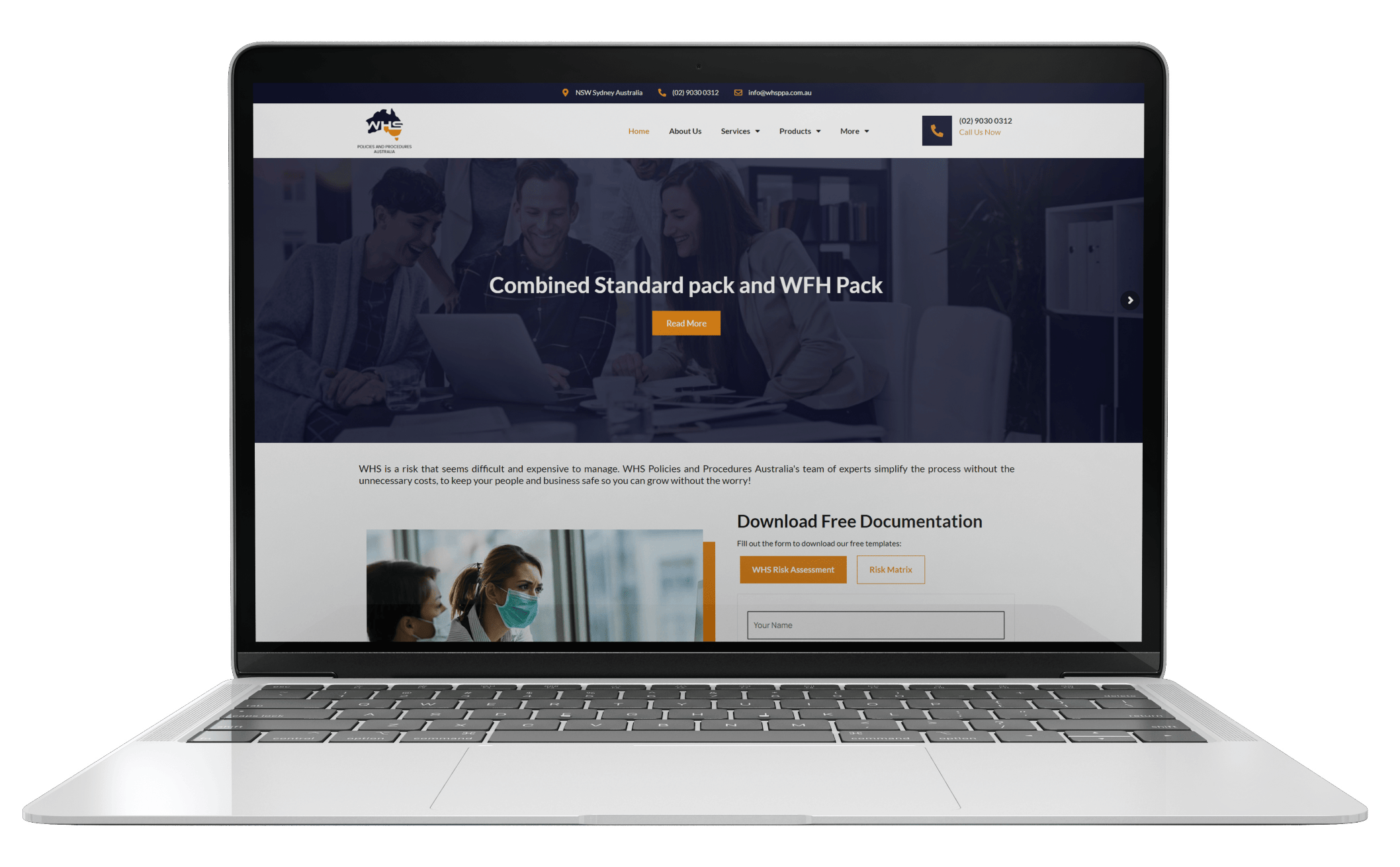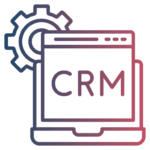ERP For Logistics Companies
Businesses must adapt to environmental turbulence in today’s competitive and high-tech logistics sector. Companies need to be able to adjust the logistics workflow process and information flow, along with extended logistics laws and regulations, if they want to survive in the logistics business.
So, the organisational structures of large and mid-sized businesses are complex, requiring the management of many resources and procedures.
The ERP for Logistics Company is built on a centralised database for simple information access and combines all logistics operations into a uniform enterprise-wide system environment. The logistics industry now meets all its requirements with the help of Enterprise Resource Planning (ERP), the latest revolutionary development in the IT field.

How Does ERP Software Enhance ERP Logistics System?
ERP software offers a unified, comprehensive perspective of your business operations. This oversight enables improved logistics management by taking into account the following:
Management of Inventory and Warehouse
ERP software provides real-time tracking and management features that assist you in taking control of your current inventory. The inventory management modules track all the data about the goods your business manufactures, purchases, stores, or sells. By enabling you to make modifications based on current sales trends or changes in manufacturing costs, this can simplify pricing products.
Logistics and Shipping
Shipping is one of the most crucial elements in getting your items to paying clients. The physical movement of items from the maker to the end location—whether it’s a storage facility or right into the hands of the customer—is planned, carried out, and optimised by ERP systems with shipping and logistic modules.
Supply Chain Management
You can move your inventory by hiring an ERP throughout the multi-tiered supply chain. The operations required to support the production and delivery of final items can be planned, directed, and carried out using supply chain management modules. Keeping some products in storage at a warehouse might be more cost-effective than shipping them to distributors. Or, to simplify localised deliveries, consider partnering with a third-party logistics provider.
Financial Reporting
Finance reports can provide you with more insight into your logistics operations. Accounts payable and accounts receivable must be balanced using ERP accounting technologies, which manage revenues and expenses in a general ledger. Automated reports can slice and dice data according to the region, city, profit centre, worker, or other key performance indicators you specify. The supply chain decision-makers may make more precise and nuanced logistics decisions thanks to the new data.
ERP For Logistics Companies
The Logistics ERP system is a collection of elements that completely integrates people, logistics information, and processes, giving businesses improved control over their logistical administrative and operational environments.
Here are the main reasons that logistics ERP systems aid the logistics sector in increasing productivity and cost-profitability:
Scalability
Scalability

Better CRM
Better CRM

Improved Data Access
Improved Data Access

Proper Reporting
Proper Reporting

Lower Operating Costs
Lower Operating Costs

Decreased Complexity
Decreased Complexity
Frequently Asked Questions
Enterprise resource planning, or ERP, systems guarantee cross-functional support of all business processes in an organisation. Because of this, it has modules for every department within the business, including sales, controlling, production, human resources, and asset management.
ERP systems that use shared data architecture provide enhanced analytics to the supply chain, which benefits the business. Integrating operational systems and data with an ERP system and SCM allows you to synchronise supply and demand to meet customer delivery expectations.
- Calculating the ideal time frame for inventory replenishment – To minimise unsold and out-of-stock items and manage your company’s inventory flow, built-in intelligence.
- Getting an overview of your inventory – Every transaction and every movement of an item will be able to be monitored. You can use this to get a complete picture of your warehouse and determine its storage capacity. But, an instrument can make an inventory control system for recognising goods and all their pertinent data.
- Calculating lead times and inventory levels – Take it a step further and figure out your inventory levels, lead times for restocking, and out-of-stock forecasts. With this reliable mathematical tool, you can forecast when and how to manage your inventory and lead times.
Frequently Asked Questions
Enterprise resource planning, or ERP, systems guarantee cross-functional support of all business processes in an organisation. Because of this, it has modules for every department within the business, including sales, controlling, production, human resources, and asset management.
ERP systems that use shared data architecture provide enhanced analytics to the supply chain, which benefits the business. Integrating operational systems and data with an ERP system and SCM allows you to synchronise supply and demand to meet customer delivery expectations.
ERP software gives you access to other, more sophisticated tools that can help you run your logistics firm as possible:
- Calculating the ideal time frame for inventory replenishment – To minimise unsold and out-of-stock items and manage your company’s inventory flow, built-in intelligence.
- Getting an overview of your inventory – Every transaction and every movement of an item will be able to be monitored. You can use this to get a complete picture of your warehouse and determine its storage capacity. But, an instrument can make an inventory control system for recognising goods and all their pertinent data.
- Calculating lead times and inventory levels – Take it a step further and figure out your inventory levels, lead times for restocking, and out-of-stock forecasts. With this reliable mathematical tool, you can forecast when and how to manage your inventory and lead times.
Want ERP Business Software - Contact Us Right Away!
+61 280 056676 if you’re interested in a tailored ERP for logistics company. We can speed up your company’s growth by streamlining your business operations.

